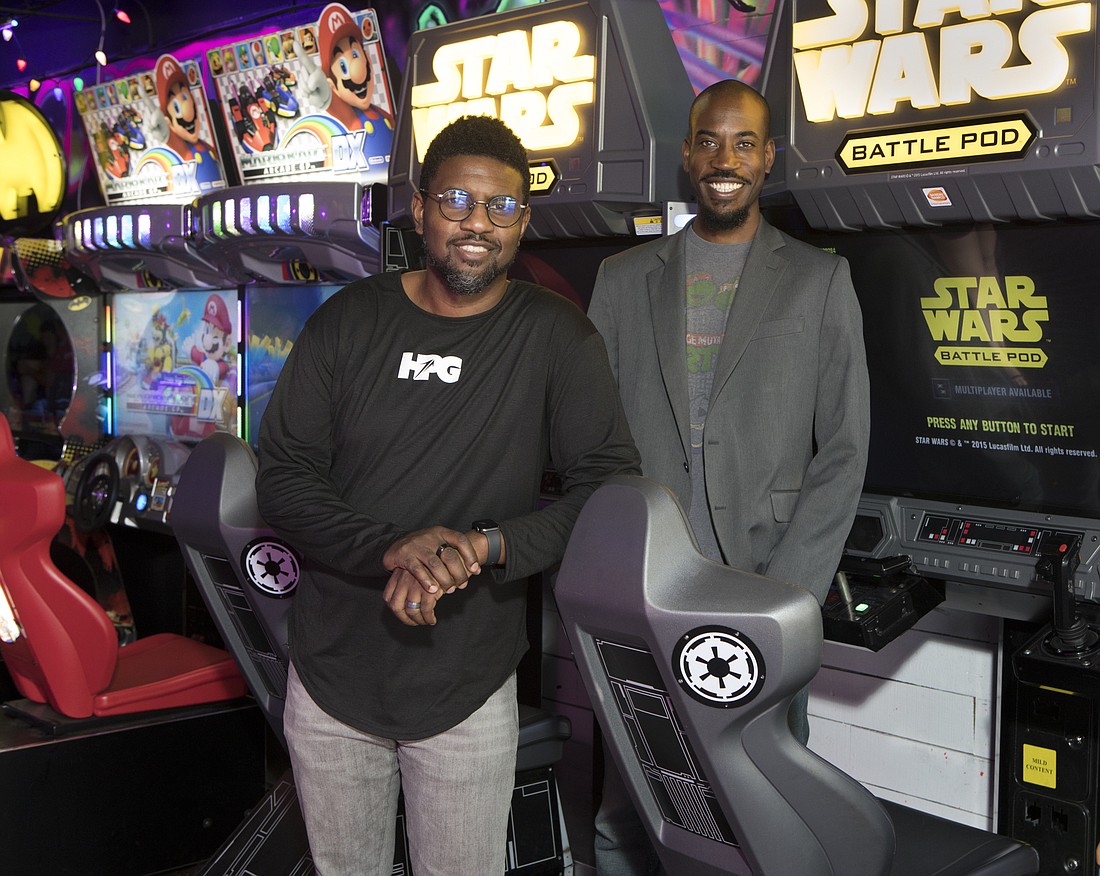- December 15, 2025
-
-
Loading

Loading

You might unwind on evenings and weekends by playing a little League of Legends, or your teenager might be obsessed with Fortnite or Call of Duty. According to 2020 statistics from the Entertainment Software Association, more than 214 million Americans play video games for at least one hour a week, and 75% of U.S. households have at least one gamer in residence.